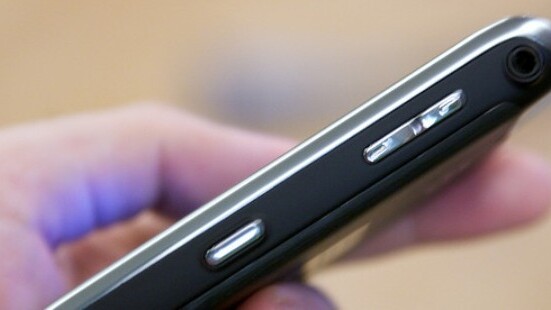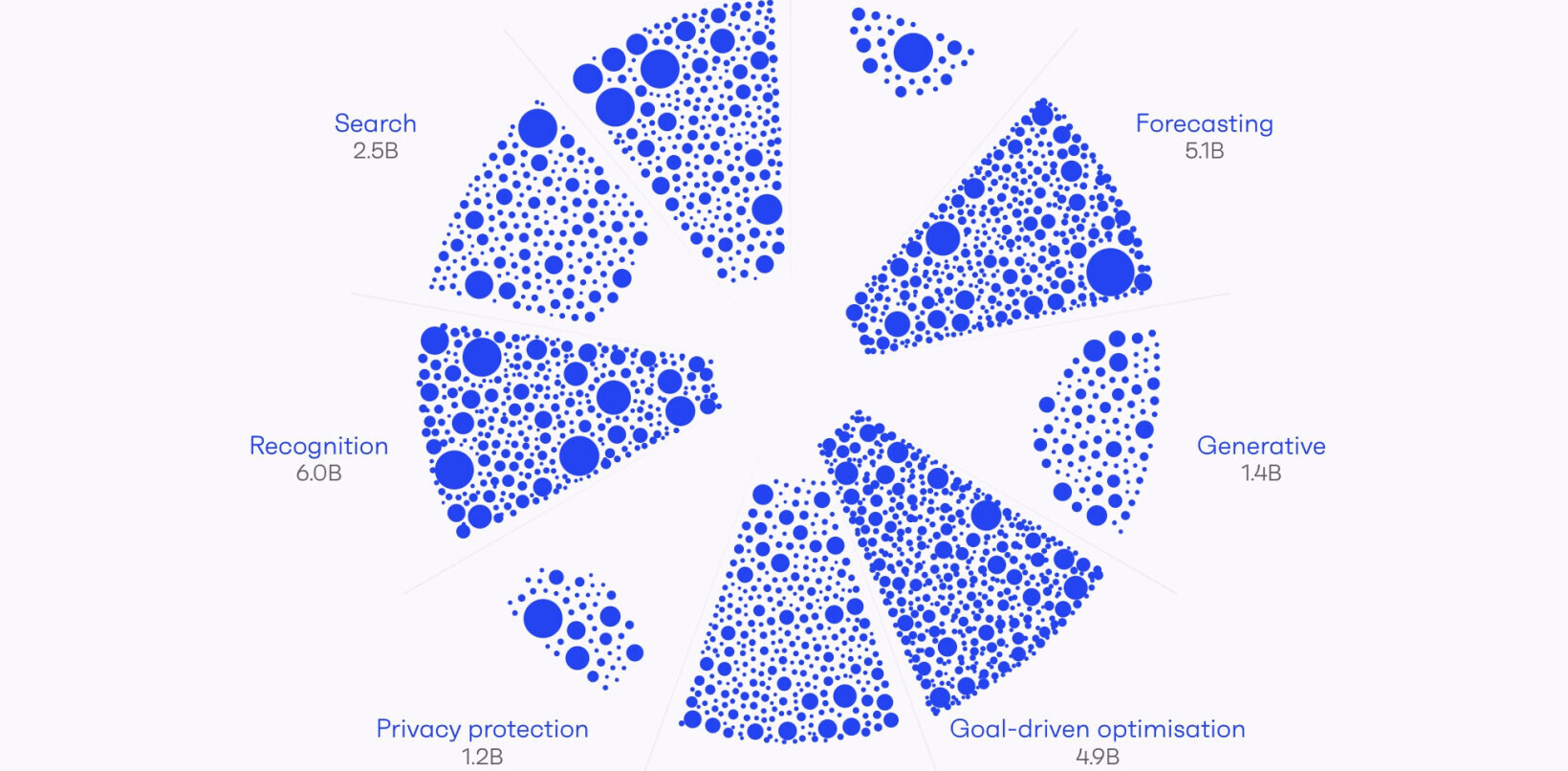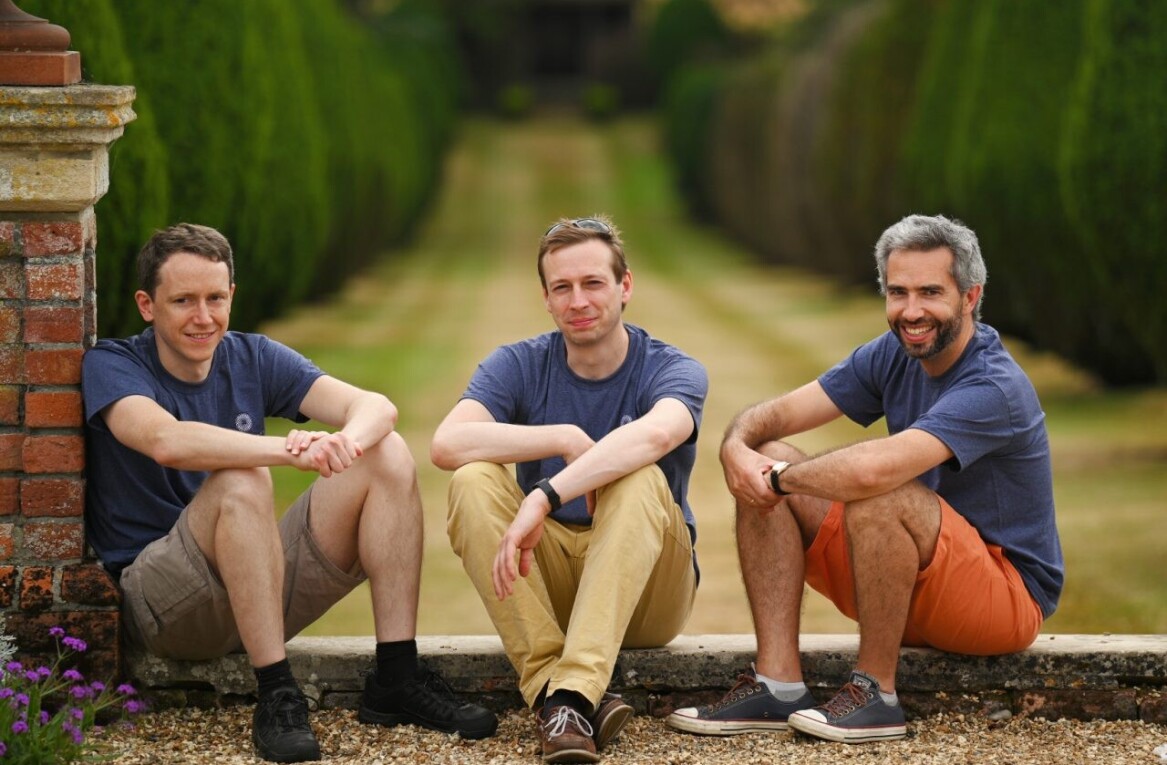
Today, three of the UK’s top mobile phone operators took to the stand at the UK’s Leveson Inquiry. Vodafone’s Mark Hughes, O2’s Adrian Gorham and Everything Everywhere’s (Orange & T-Mobile) James Blendis were called upon to give evidence in the phone hacking investigation, with the operators asked why they had done so little to make it more difficult to ‘hack’ their respective voicemail services.
By ‘hack’, we mean their voicemail service was illegally access by third-parties correctly ‘guessing’ the networks’ default password. But one of the big revelations was that some of the mobile phone companies had been asked by law enforcement agencies to NOT tell the hacking victims, should it jeopardize the investigation, and some didn’t find out ’til five years later.
The mobile networks aren’t the first digital firms called up to face the inquiry. Last week, Google was summoned to the stand as part of the ongoing public inquiry looking at the culture and ethics of the British media. The verdict? “We are not the Internet,” said Google.
Just to recap, back in July 2011 Rupert Murdoch killed off his flagship Sunday tabloid The News of the World, abruptly ending a 168-year legacy for the title. Whilst it was a bit of a sorry end for the paper, it was indicative of the crimes for which it stood accused. There was no way back for the publication when news emerged that it had hacked into missing teenager Milly Dowler’s mobile phone’s answer machine, and the whole episode kick-started a public inquiry into the way UK-based media organizations conduct themselves.
On 13 July 2011, Prime Minister David Cameron appointed Lord Justice Leveson to Chair the inquiry, with a remit to look into the more specific claims surrounding the News of the World phone-hacking fiasco, with a second inquiry reviewing the general culture and ethics of the UK media.
Five year wait
The Leveson Inquiry heard that both Orange and T-Mobile hadn’t notified those affected until as late as July last year, just as the phone-hacking scandal was reaching fever pitch in the UK, whilst Vodafone only notified its victims in January this year. Some of the two hundred or so hacking victims across the networks had to wait until last month for it to be confirmed that their voicemails had been compromised.
However, O2 revealed that it had told forty of its customers they had been hacked when the scandal first broke more than five years ago.
Hughes, who is Vodafone’s head of security, told proceedings that the company identified almost 180 separate voicemail numbers that had been accessed…from just two landlines numbers. It later emerged that these numbers had in fact belonged to News International, News Corporation’s UK newspaper publishing division responsible for the now-defunct News of the World title. Hughes added that Vodafone had been expressly told by police “not to contact customers as we may prejudice any police investigation”.
Police had made the request back in 2006, around the same time that former News of the World royal editor Clive Goodman and Glenn Mulcaire, the private investigator hired by the newspaper, were arrested. They were both jailed for phone-hacking offences in January 2007. As the Guardian reports, a Vodafone spokesperson today noted that it wrote to Scotland Yard back in 2010 to seek permission to notify customers, but didn’t receive a response.
Gorham, head of security at O2, told the Leveson Inquiry that O2 had notified forty phone-hacking victims on its network, whilst Blendis, general counsel at Everything Everywhere, said there were 45 victims Orange and 71 on T-Mobile. Interestingly, Blendis added that “some of the numbers were other journalists at the News of the World”, suggesting that the reporters had been testing out the hacking system on fellow journalists.
Similar to Vodafone, Blendis added that the company had written to police in November 2010, seeking permission to contact the victims but it too had received no response.
Get the TNW newsletter
Get the most important tech news in your inbox each week.




